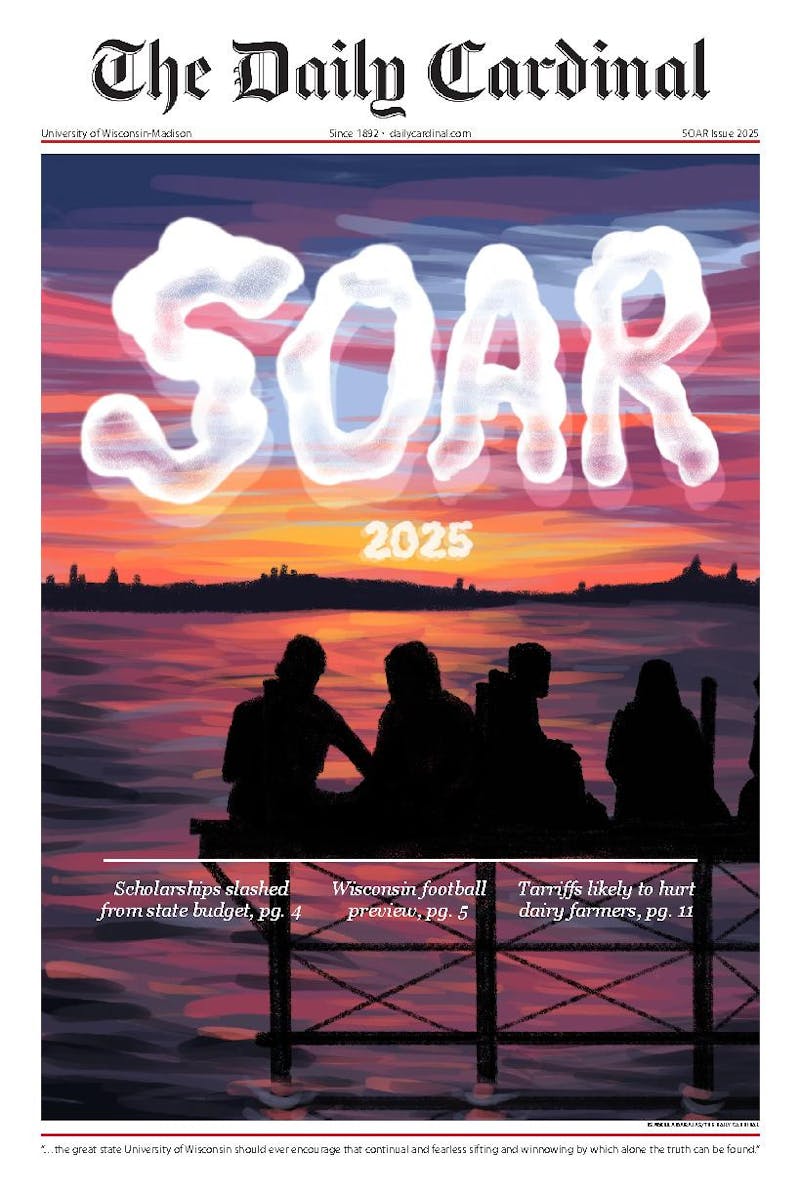W.A.R. (We Are Renegades) marks Pharoahe Monch's third solo release since 1999. Although his output has been minimal, both albums have been quality releases. From his debut to 2007's Desire, he switched from a lyrical, battle rap style and adapted a more political message. His transformation also included more live instrumentation. W.A.R. continues with the political tendencies of Desire and calls for change.
Monch's appeal has always been his dense and complex verses, which utilize his trademark delivery. He is known for constantly changing speed and cadence in his verses, with amazing results. On his previous album, he mellowed his delivery, and that trend largely continues in W.A.R. where most of his verbal gymnastics are gone. Instead, he opts for a more traditional delivery and the results are mixed.
W.A.R. opens with a soldier from the year 2023 warning that he has learned information that changed his view of the war he is fighting in. He informs the listener that they have been chosen to hear the transmission. Curiously, this theme doesn't recur throughout the album. In fact, it isn't heard again until 10 tracks later, making the story feel slapped on and pointless. Ultimately, the album's material fails to live up to the significance that it's given in the introduction.
An early highlight of the album is ""Evolve"" where Monch shows off his lyricism over a somber beat with singing voices that gives the track a cinematic, post-apocalyptic feel. Following this is the live instrument backed ""W.A.R."" where Immortal Technique and Monch declare themselves rebels over an electric guitar driven beat. Here Monch declares he is "" Guilty as charged if intellect is the crime."" No one can deny Monch's intelligence or skill. However, W.A.R.'s political messages often come at the expense of his lyrical ability. When he delivers these big messages, his verses get simplified significantly. Monch is known for the dazzling way he plays with words. When this is gone, his verses lose their character.
Moving through the next few songs, the rock sound switches to one based more on samples and soul grooves. The results are much better and he manages to find a better balance between lyrical complexity and rallying against the system. ""Haile Sellasie Karate"" is a great example of this. Monch proves that he can execute political rhymes without being plain and boring.
The album's finest moment is on ""Assassins,"" where Monch is joined by Jean Grae and Royce Da 5'9"". All three are outstanding, particularly Grae who opens the song with a blistering verse. Monch shines here as well. It isn't a coincidence that his best verse on the album steers clear of the overly political tendencies of the early tracks. This aggressive battle rap approach is more engaging to the listener and makes it the most memorable moment on the album.
The futuristic theme makes a return on the track, depicting the three emcees as superheroes in the introduction. There is also a conversation between Grae and Monch looking for Royce in the middle of the song before his verse. It is too bad this appeared on ""Assassins"" because it took away from the flow of the track and left a blemish upon the album's best moment.
The only moment where W.A.R. falls flat is on ""Grand Illusion"" with Citizen Cope. The beat is a guitar-led rock song, which is plain and proves to be unmemorable. This again proves the point that W.A.R.'s high-points are when Monch avoids the rock instrumentation and lays off on the political crutches of lyrics.
There are moments throughout W.A.R. where Monch's virtuosic wordplay of old shines through and times when the production is soulful and memorable. However, Monch often encounters the pitfalls of overly political lyrics, leading an otherwise interesting album to become dull and fail to capture the listener.






